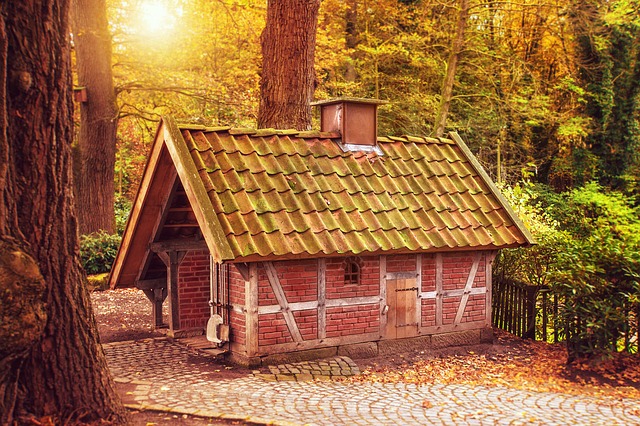
If you are careful, and use appropriate horticulture techniques, it will show. It lets other know that you are serious about getting the most out of your organic plants. This is extremely laudable. Improvement to any skill can always be achieved, and this skill set is no different. Here are some suggestions that can help.
Plant a variety of annuals, biennials and perennials to keep your flower beds bright. You can use biennial and annual flowers to brighten the bed, and let you change how it looks. Use these beautiful flowers to line your driveway, surround trees and shrubs, and for decorative hanging baskets. There are many different varieties to choose from such as daisies, marigolds, impatiens, and lantana.
When it’s autumn, you know what that means. It’s time to plant fall vegetables! This year, instead of using your regular clay pots to plant your kale and lettuce, use a pumpkin as the container instead! Slice a hole around the stem, and pull the pumpkin top out. Then remove the guts and use Wilt-Pruf to cover the insides and prevent rot. After you have finished this, you will be ready to start planting.
Before you plant seeds, pre-soak them for a night somewhere dark. Place a couple of seeds in a tiny container, and fill it with water nearly to the top. The seeds will get the hydration they need to start growing. This improves the chances of successful plant development.
If the soil in your garden has a high concentration of alkaline, try mixing some coffee grounds into your garden’s soil. This is a simple way to replenish your soil with acid. The greens and vegetables need the proper balance and will grow bigger and stronger with the right mix.
Keep your plants dry and aerated daily. Moisture on the surfaces of your plants is an invitation to pests and illness. One common organism that thrives on moisture is the fungi family. You can control fungi with the application of fungicide sprays. However, the area should be treated before you see the onset of any problems.
Organic horticulture is a safe hobby to share with your children. A garden can provide a wonderful learning experience for children, and will give you an opportunity to bond with them while you produce healthy food.
Make sure you protect your knees well while you are gardening. It’s difficult for most people to bend while standing, especially at the waist. Kneeling down on the ground is a more comfortable way for many people to tend to their gardening chores. Use a pad to kneel upon and protect your knees from possible pain.
There should be no rush when you are planting a seed. First, add moisture to the soil where you will be planting. You should then spread the seeds evenly, and make sure they have room to grow. Plant them depending on how big the seeds are. Also keep in mind that there are some seeds you should not bury, as light is essential for their growth.
Your seeds, once they begin sprouting, don’t need the same amount of warmth as they did before. Move your plants away from the heat as they grow. Plastic films should be removed on the containers, as that helps to keep out humidity and warmth. Watch your seeds carefully to know when you can take these steps.
Have some plastic bags on hand that you can put over your gardening shoes if they are muddy. This way, you can maintain your momentum and head right back to your garden so that you can finish what you were doing.
Increase the value of your property! When you landscape, you can get one of the highest returns. Investing in the right plants could raise the resale value of your property by at least 20%. Select plants and shrubs that won’t require a lot of ongoing maintenance and will adapt well to your climate.
If you are starting your seedlings out in small containers, you should use a layer of potting soil that is three times as deep as the size of a single seed. There are exceptions to this rule, however. Some seeds should remain uncovered because they thrive in direct sunlight. Ageratum and petunias are two examples of seeds that should not be planted deeply. If you’re not sure, a guide either comes with seeds, or you can find this information online.
It is more rewarding to have an organic garden even though it is often more work. Even though the claims of the chemicals may be astounding, the organic way is always going to provide the best reward to you and whoever is eating your crops.
Over-watering can essentially drown the roots of plants, making them unable to grow well. Before heading out to water your plants, check the weather to see if rain is included in the immediate forecast. After reviewing the weather forecast, you can decide whether or not to spend the time and resources watering the garden.
You probably already have the skills, the tools and the products needed to utilize the above tips to create your own thriving organic garden. Great! The tips here should help you with your organic gardening. Don’t stop here, though, you should continue learning. You might even have learned something you hadn’t known before to use in your organic garden.